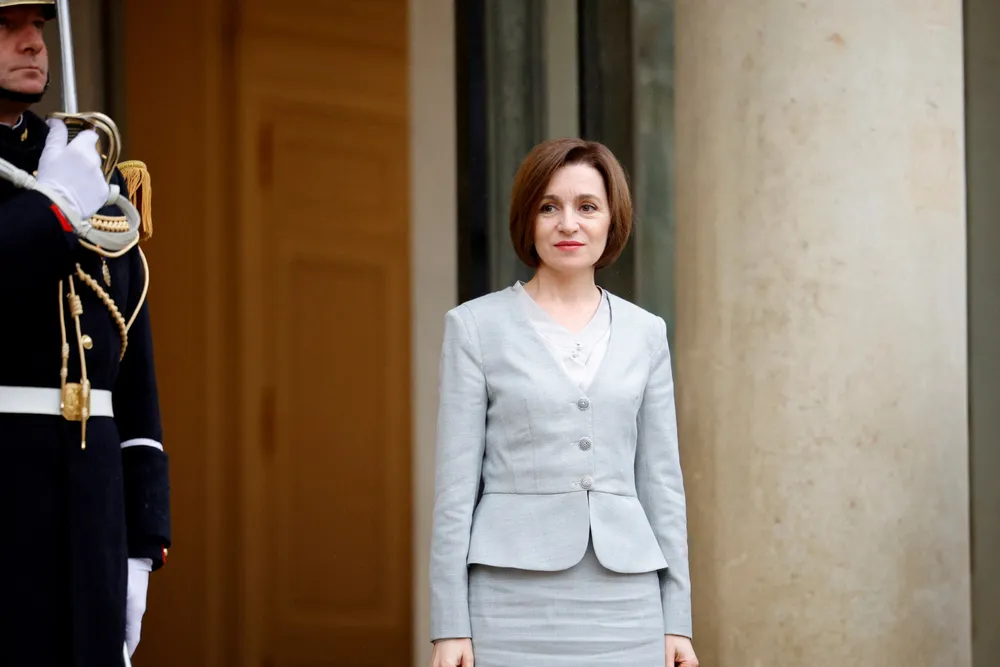Ukraine’s neighbour Moldova faces Gazprom gas cut
Russian gas giant may impose a further reduction of company’s gas transit flows to Europe across Ukraine

Russian gas giant may impose a further reduction of company’s gas transit flows to Europe across Ukraine
